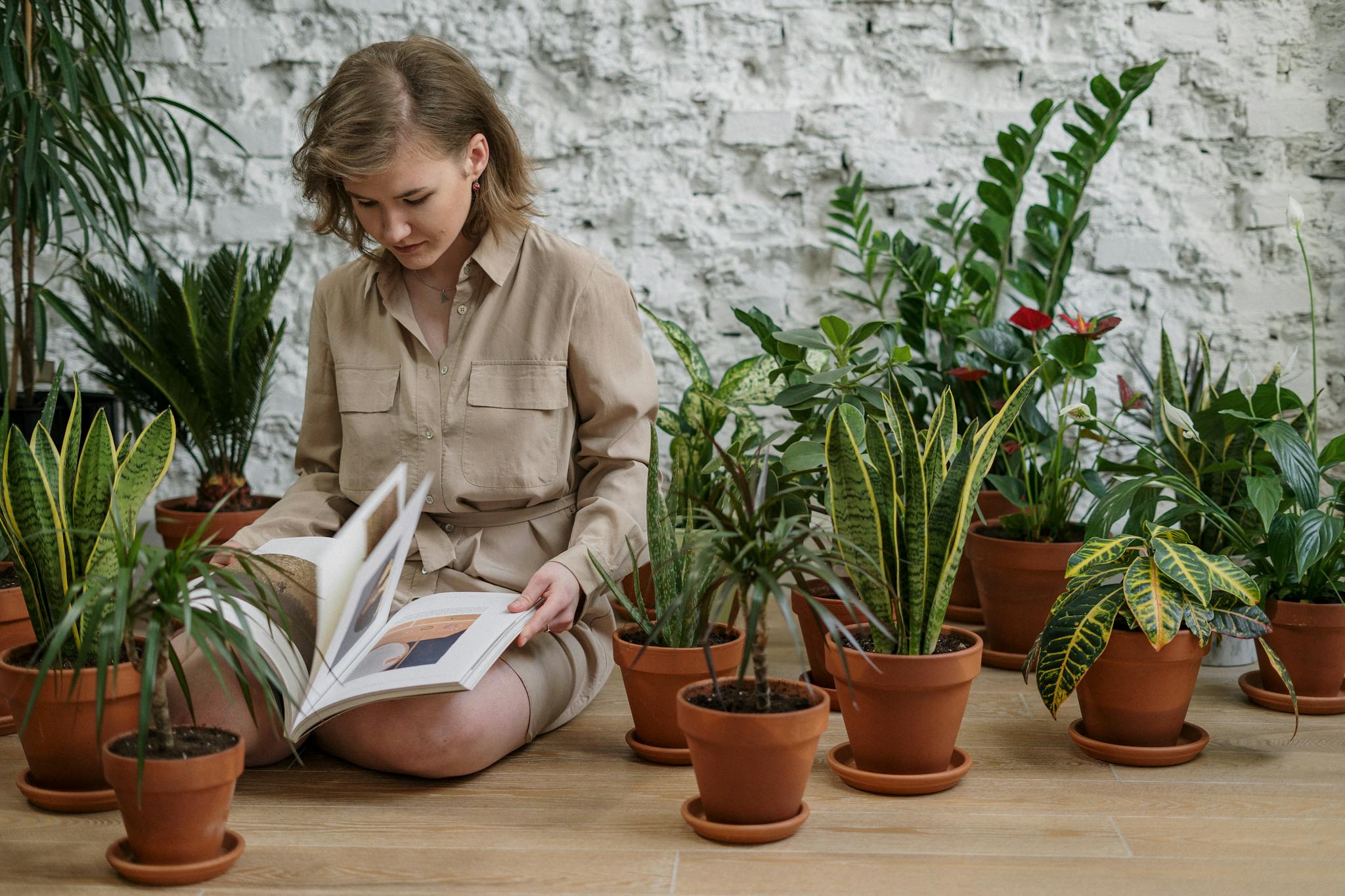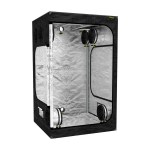What Is Hydroponic Gardening?
Hydroponic gardening, a soilless cultivation method, is revolutionizing the agriculture industry. This innovative growing technique has roots dating back to ancient civilizations but has gained significant traction in recent years among indoor gardeners, urban farmers, and commercial growers alike.
The History and Evolution of Hydroponics
While hydroponic systems have existed since the 7th century BC, as evidenced by the Gardens of Babylon and the Floating Gardens of China, modern hydroponics didn’t emerge until the 1950s. Today, it’s reshaping agricultural practices worldwide.
Understanding the Basics of Hydroponic Systems
The term “hydroponics” combines the Greek words “hydro” (water) and “ponics” (labor). In hydroponic cultivation, plants grow in nutrient-rich water solutions instead of soil. This method directly delivers essential elements – water, nutrients, and oxygen – to plant roots, promoting faster growth and higher yields.
Key Components of Hydroponic Setups
- Nutrient solution
- Growing medium (e.g., clay pebbles, coconut coir, perlite)
- Air pumps for oxygenation
- Support structures for plants
Types of Hydroponic Systems
Hydroponic systems are categorized as either active or passive, with six main types:
- Drip Systems
- Wick Systems
- Deep Water Culture (DWC) Systems
- Aeroponic Systems
- Nutrient Film Technique (NFT) Systems
- Ebb and Flow (Flood and Drain) Systems
Vertical Hydroponic Gardening
Vertical hydroponics combines traditional hydroponic methods with vertical farming techniques, maximizing space efficiency in urban environments and controlled indoor growing spaces.
Benefits of Hydroponic Gardening
- Year-round cultivation, regardless of climate
- Reduced pest and disease issues
- Lower pesticide use
- Space-efficient, especially with vertical systems
- Faster plant growth and higher yields
- Improved produce quality
- Water conservation and recycling
- Minimized soil erosion concerns
- Reduced labour requirements
Challenges in Hydroponic Gardening
Despite its numerous advantages, hydroponic gardening faces some challenges:
- High initial setup costs
- Dependence on electricity for active systems
- Potential crop loss due to power outages
- Energy consumption for artificial lighting in large-scale operations
Applications of Hydroponic Gardening
Urban Agriculture
Hydroponic systems are ideal for urban farming initiatives, transforming unused urban spaces like warehouses and shipping containers into productive indoor farms.
Home Gardening
Indoor hydroponic gardens offer home growers a clean, efficient way to produce fresh vegetables and herbs year-round.
Commercial Farming
Large-scale hydroponic farms are emerging as a solution to food security issues in areas with limited arable land.
The Future of Hydroponic Gardening
As technology advances and awareness grows, hydroponic gardening is becoming increasingly accessible and economically viable. This sustainable growing method is poised to play a crucial role in the future of agriculture, addressing challenges like climate change, water scarcity, and urbanization.
Getting Started with Hydroponics
For those interested in exploring hydroponic gardening, numerous resources are available:
- Online tutorials and courses
- Hydroponic starter kits for beginners
- Local gardening communities and workshops
- Specialized hydroponic supply stores
Conclusion
Hydroponic gardening represents a significant leap forward in agricultural technology. As we face growing environmental challenges and increasing demand for fresh, local produce, this innovative growing method offers a sustainable solution for both small-scale and commercial growers. Whether you’re an urban dweller looking to grow your own food or a commercial farmer seeking to maximize yields, hydroponic gardening provides an efficient, eco-friendly approach to cultivation.




